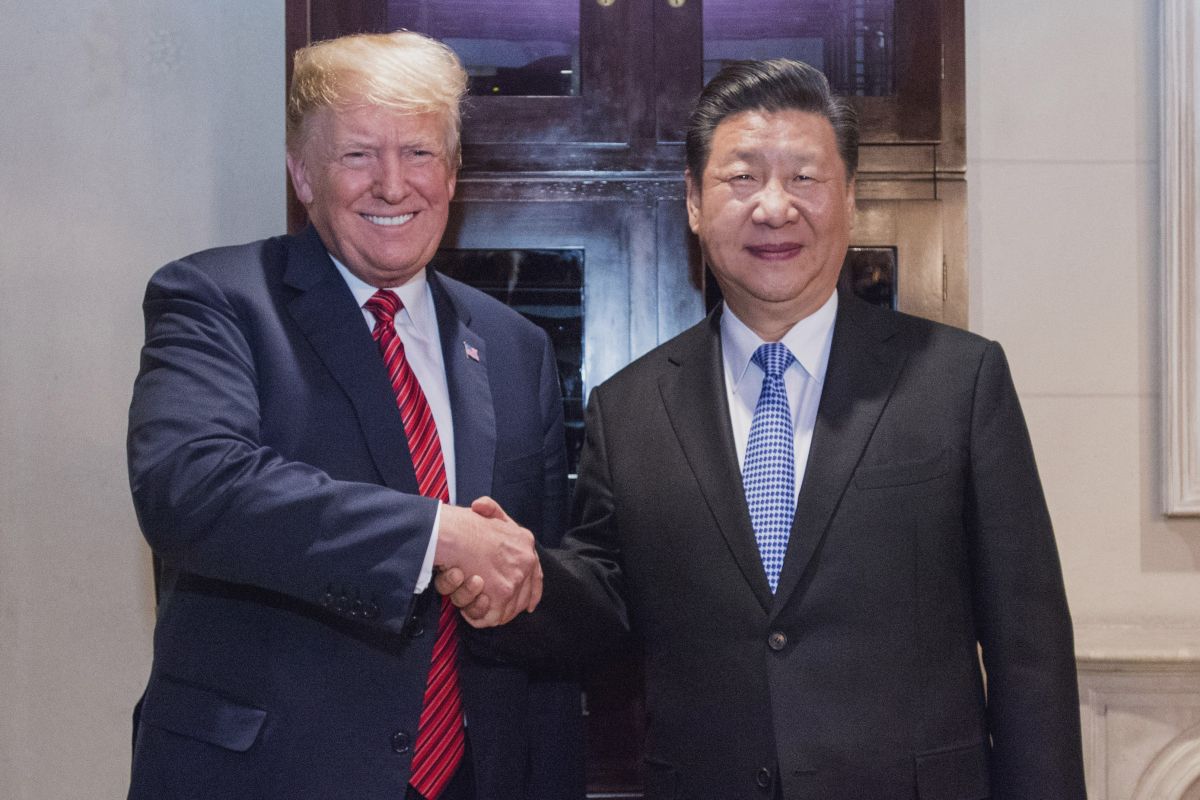Urgency of crisis demands quick action
Returning from a month-long holiday in the US, I was immediately struck by the urgency of the pollution crisis as I landed in Delhi, past midnight this week.
China has called for a rollback of existing tariffs, to which Trump has said he did not agree. American officials want large purchases of US farm exports.

US President Donald Trump and Chinese President Xi Jinping (Photo: IANS)
US President Donald Trump and his Chinese counterpart Xi Jinping both insisted on Friday that they would resist pressure to give ground on a trade deal that Washington’s leader said could be “very close.”
Trump said while speaking to the media, “The bottom line is, we have a very good chance to make a deal.”
Trump further said that, when it comes to Hong Kong, he is balancing competing interests, stopping short of pledging to sign new US legislation to support the restive semi-autonomous city’s democracy movement.
Advertisement
The comments from Trump and Xi came six weeks after the announcement of a “phase one” bargain, which appears no closer to becoming a reality as the two sides tussle over tariffs and China’s future purchases of US farm exports.
On Friday, Xi Jinping said that China wants to reach an initial trade deal with the United States but is “not afraid” to fight back when necessary.
The Huawei controversy, in particular, has landed squarely in the middle of the trade conflict, raising the question of whether Trump could offer some concessions on access to the US market to grease wheels in the trade negotiations.
China has called for a rollback of existing tariffs, to which Trump has said he did not agree. American officials want large purchases of US farm exports.
Pro-democracy protesters in Hong Kong have been fighting for greater autonomy from mainland China for months, holding large-scale demonstrations that have seen an increasingly violent crackdown by Beijing’s police forces in recent weeks.
Earlier this week, US President Donald Trump said that China was not “stepping up to the level that I want” in the negotiation.
Earlier in the month, President Trump did not agree to roll back tariffs on Chinese imports, dampening recent optimism for a major de-escalation in the US-China trade war.
The United States and China have imposed steep tariffs on hundreds of billions of dollars in two-way trade, and another round of US duties are set to hit on December 15 on $160 billion in Chinese goods.
In September, the US had imposed fresh tariffs on $112 billion worth of Chinese imported goods, marking a sharp escalation of the bruising trade war between the world’s two largest economies.
Donald Trump launched the trade war as part of his “America First” bid to lower a wide trade deficit with China, but the tariffs imposed thus far have barely made a dent in that gap.
Advertisement